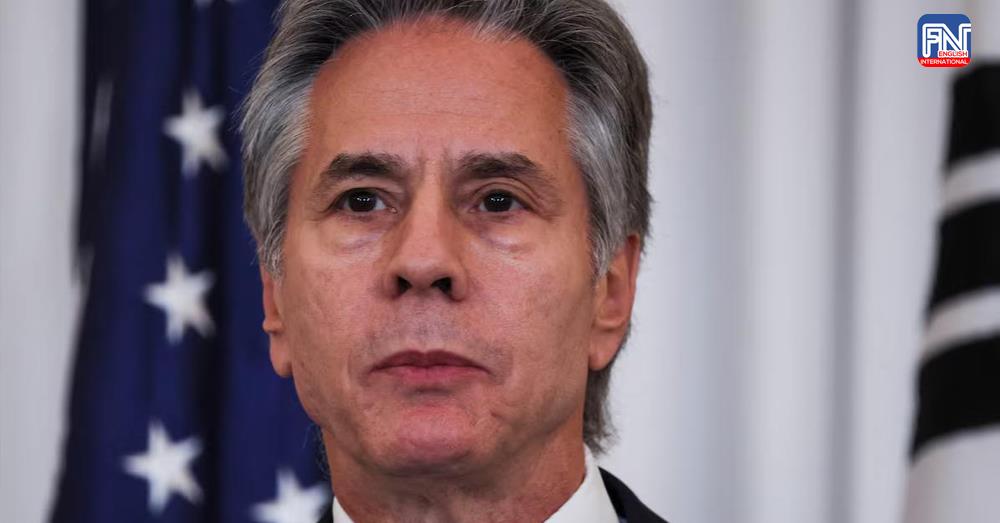WASHINGTON, Oct 31 (Reuters) - U.S. Secretary of State Antony Blinken said on Thursday that Israel and Lebanon were moving toward understandings on what is required for implementing a long-violated U.N. resolution that would be the basis for ending the current conflict.
The United Nations Security Council adopted resolution 1701 in 2006 with the aim of keeping peace on the border between Lebanon and Israel.
"It's important to make sure we have clarity, both from Lebanon and from Israel, about what would be required under 1701 to get its effective implementation," Blinken told a press conference.
"I can tell you that based on my recent trip to the region, the work that's ongoing right now, we have made good progress on those understandings."
While good progress had been made, there was still more work to do, Blinken said.
Israel and Lebanese armed group Hezbollah have been fighting for the past year in parallel with Israel's war in Gaza after Hezbollah struck Israeli targets in solidarity with its ally Hamas in Gaza.
The conflict in Lebanon has dramatically escalated over the past five weeks, with most of the 2,800 deaths reported by the Lebanese health ministry for the past 12 months occurring in that period.
Lebanon's prime minister expressed hope on Wednesday that a ceasefire deal with Israel would be announced within days as Israel's public broadcaster published what it said was a draft agreement providing for an initial 60-day truce.
U.S. Defense Secretary Lloyd Austin, speaking at the press conference on Thursday alongside Blinken and their South Korean counterparts, said he was hopeful that the U.S. would see a transition in Lebanon soon, but he did not specify further.
"We're hopeful that we ... will see things transition in Lebanon in a not too distant future. I think there's an opportunity for that to happen," he said, adding that the U.S. would continue to press to ensure it happens sooner rather than later.

Photo from Reuters